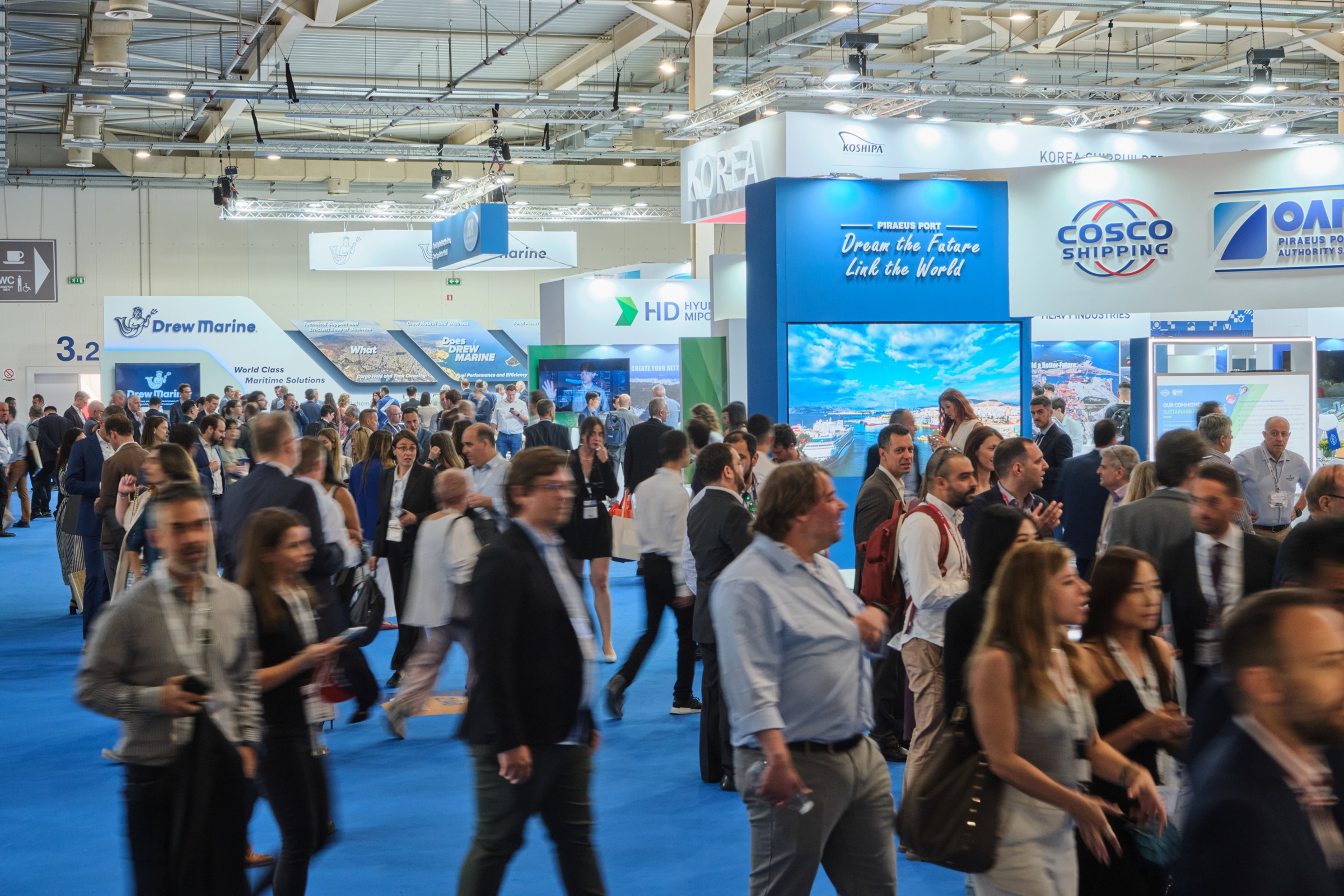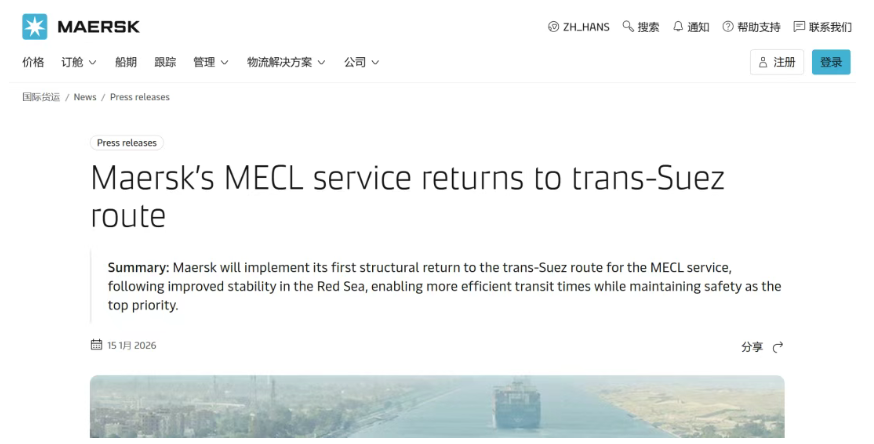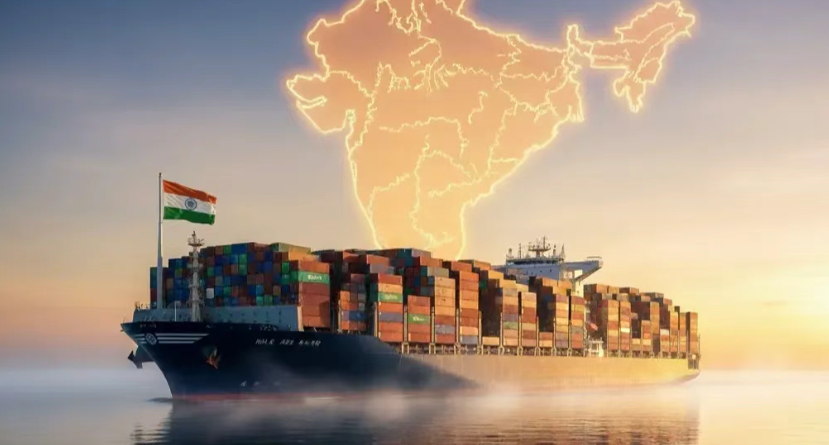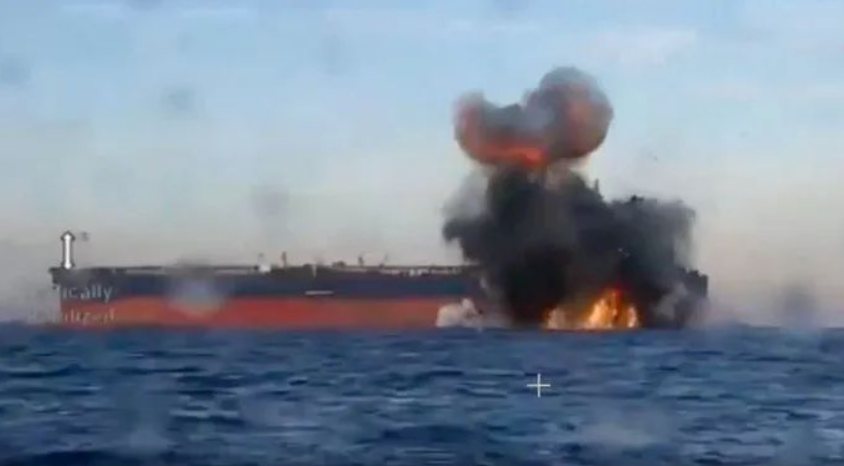The Global Maritime Forum and RMI (founded as the Rocky Mountain Institute), under Mission Innovation’s umbrella, released a report today outlining strategies for ports to become first movers in providing green methanol and ammonia bunkering. The report provides insights into the sources of green methanol and ammonia that could be available to the shipping industry and how ports can secure supply to meet the International Maritime Organization’s (IMO) target of at least 5% use of zero-emission fuels by 2030.
As the maritime industry transitions towards decarbonization, there will be significant changes in the sourcing and distribution of marine fuels. The report finds that the low cost of transporting green methanol and ammonia, which are produced from green hydrogen, will lead to extensive trade linking low-cost production regions to key ports. Policy support for green shipping fuels has the potential to significantly impact a country or region’s position in this burgeoning hydrogen economy.
“Federal incentives in the Inflation Reduction Act have made the United States one of the most competitive regions in the world for green fuel production,” said Aparajit Pandey, Principal and
Shipping Decarbonization Lead at RMI. “Smaller ports with excellent renewable resources, including ports in the Global South, can build cost-competitive hydrogen production facilities and participate in the global bunker market.”
The study anticipates different supply dynamics for green ammonia and green methanol as production ramps up this decade. Developments in green methanol production suggest the supply of the fuel could be concentrated in major bunkering hubs and at European ports.
In contrast, the study finds there could be global green ammonia trade, with long-distance transport of the fuel to key bunkering hubs from projects in low-cost production regions including the United States, South America, Australia, and Sub-Saharan Africa.
“While there should be more than enough green ammonia to supply first-mover ports by 2030, competition for the lowest cost volumes may be fierce and reward those able to move early in securing supply,” said Jesse Fahnestock, Director of Decarbonization at the Global Maritime Forum.
As they make plans to meet the IMO’s target for at least 5% of international shipping’s fuel to be zero- or near-zero emission by 2030, ports can play a crucial role in facilitating the adoption of zero-emission fuels this decade.
The study identifies four groups or “archetypes” of ports that could emerge in the transition, defined by common opportunities, challenges, and actions required to develop green methanol or ammonia bunkering. Based on the examples of Singapore, Algeciras, Corpus Christi, Seattle & Tacoma, and Rotterdam, the report provides tailored recommendations for how ports in each group can be pioneers in the decarbonization of the industry. The archetype framework is expected to help ports build strategies for implementing green methanol or ammonia bunkering.
“As chair of the Zero-Emission Shipping Mission, I would like to thank all the contributors to the study. International knowledge sharing on the role of ports in developing low-emissions shipping fuel markets is key. Ports can use their influence to help decarbonize maritime shipping by engaging in hydrogen importexport coalitions and green shipping corridors, and by shaping standards and guidelines for bunkering these new fuels to accelerate first mover investments,” said Sveinung Oftedal, Chief Negotiator - Green Shipping, Norwegian Ministry of Climate and Environment, and Chair of the Zero-Emission Shipping Mission under the auspices of Mission Innovation.
source: Global Maritime Forum
source: Global Maritime Forum
The opinions expressed herein are the author's and not necessarily those of The Xinde Marine News.
Please Contact Us at:







